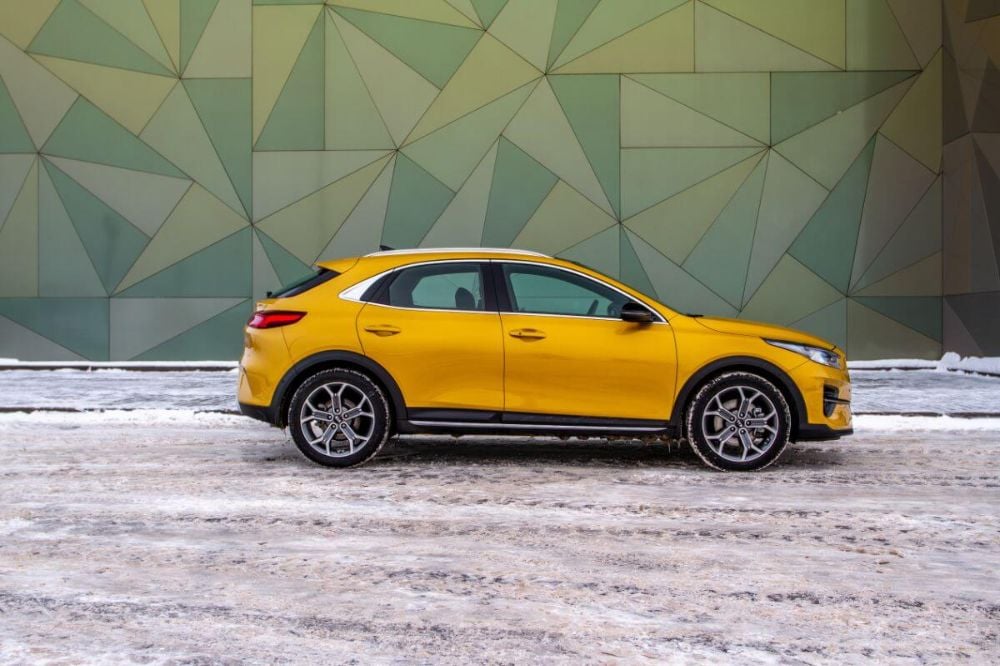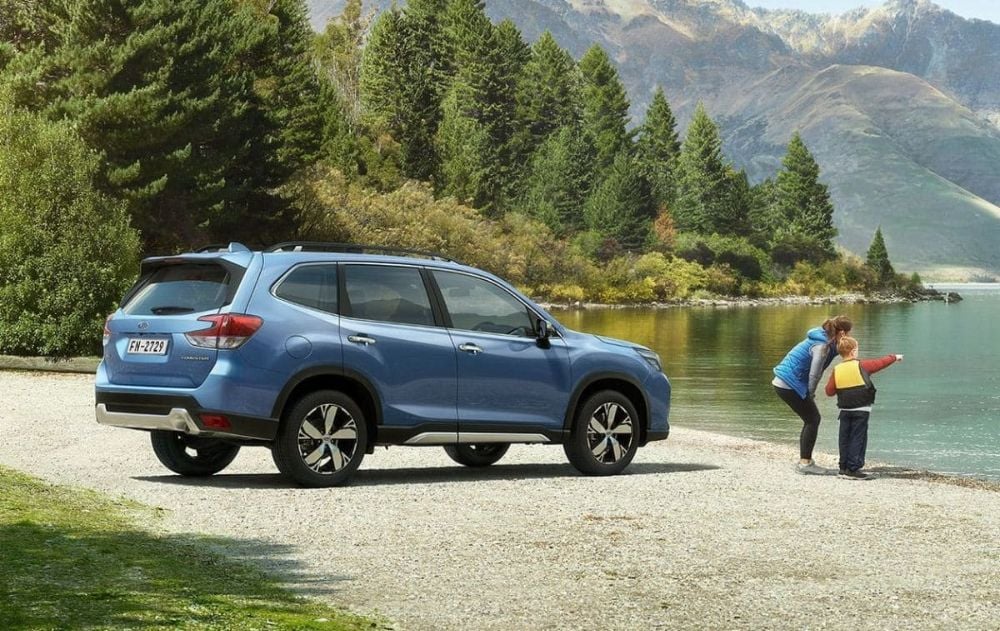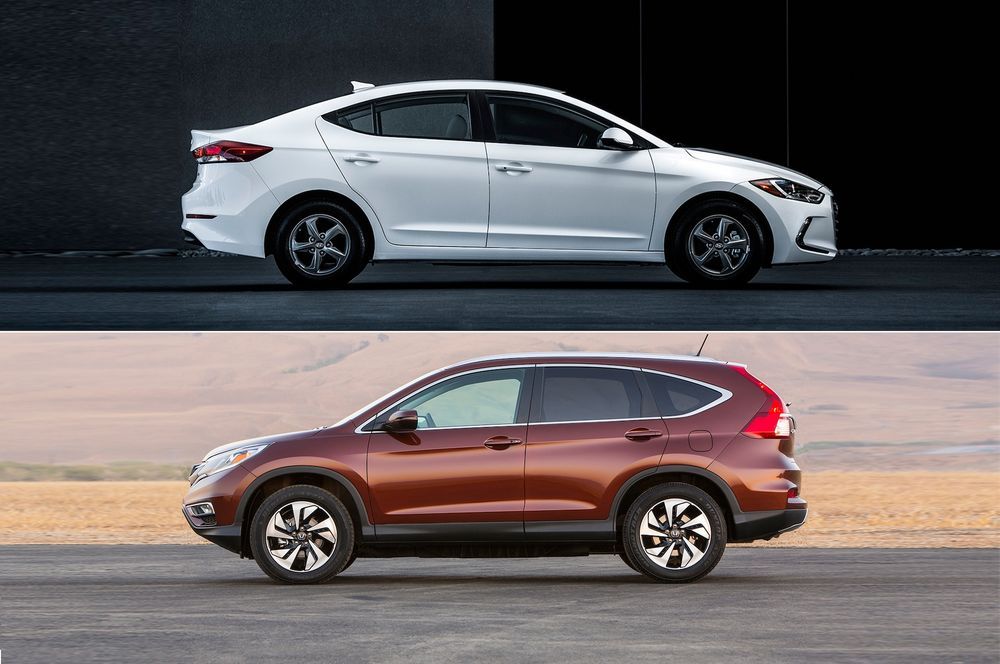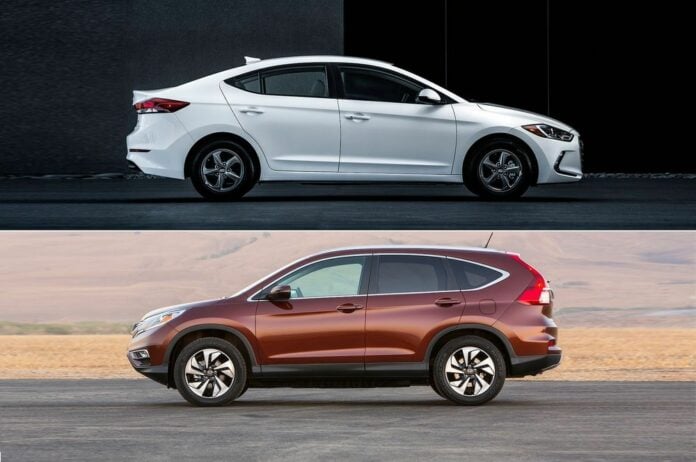SUVs (sports utility vehicles) have steadily risen in popularity over the past decade to the point where automakers are now prioritizing SUVs over sedans. The two biggest selling points of SUVs, their larger size and tall ride height make them look impressive and give you a commanding view of the road, but are they worth it?
If you’ve been scratching your head wondering “Should I buy a sedan or SUV?”, here are some reasons why an SUV might not be the right vehicle for you.
1. SUVs Cost More than Sedans
SUVs generally cost more than sedans, so it’s important to take that into consideration, especially if you’re only going to use one in the city and on highways. SUVs are heavier than other cars and require a stronger frame, more powerful engine, transmission, and brakes, while some even have all-wheel drive (AWD). All these add to the cost of an SUV. So if you don’t plan on going off-road or hauling large items, why not just get a sedan or hatchback?
2. They Can Be Too Tall
Many people get an SUV for its high ground clearance and commanding ride height. However, its height can be both an SUV’s pro and con. The taller ride height gives you a better view of the road and makes it easier to drive through small floods.
That being said, entering and exiting a tall SUV can be a challenge, especially for small children and the elderly. This might not seem like a big concern but it can be more inconvenient than you’d expect. That being said, the step-in height differs between SUVs so make sure to test them out before purchasing one. In terms of ride quality, the tall ride height means that SUVs are inherently less stable than sedans and hatchbacks that have a low center of gravity.
Read More: 5 Reasons Why SUVs or Crossovers are Better than Sedans

3. Higher Ownership & Spare Parts Cost
As SUVs are heavier and equipped with more powerful engines than sedans, they tend to have a higher fuel consumption. An SUV’s parts from the transmission to the suspension all need to handle a higher load due to the vehicle’s weight.
What this means is that you’d need to spend more on spare parts too, and that includes the tires. For instance, an 18-inch performance-oriented Bridgestone Potenza Sport tire for the Proton X50 could cost around RM1,000 per tire depending on its exact specifications. That’s RM4,000 just to replace your tires. Many SUVs, especially larger ones, have large engines which lead to a higher road tax in Malaysia. That being said, more and more vehicles including SUVs are getting smaller turbocharged engines that have a cheaper road tax.
4. They Don’t Drive as Well as Sedans
The tall ride height of an SUV gives it a higher center of gravity which translates into more body roll than a sedan. You can feel this increased body roll when you take a turn at a junction or a corner, and even more so when you’re driving fast. So if you’re looking for an agile car that’s fun to carve corners with, you’ll be better off in a sedan or a hatchback.
While this increased body roll doesn’t really matter if you’re driving at a sensible speed around town, many people get a false sense of security and stability when driving a tall SUV that leads them to take corners and cut through traffic like they would in a smaller car. This can also lead to more accidents on the road.
Read More: Crossover vs SUV: Are There Actually Any Differences Between the Two?

The Subaru Forester has AWD to tackle rough terrain
5. Big & Heavy but without 4WD
Many buyers choose an SUV because they think it can fit more people and items. However, they might fail to consider their actual needs and end up driving a vehicle that’s larger than they require. Although an SUV’s cabin is usually more spacious, it can be difficult to maneuver in the city especially when you have to pick up the kids from school or when driving in a shopping mall parking lot.
Not only that, most modern SUVs are designed with a raised height to look like a rugged go-anywhere, do-anything vehicle but in reality are city cars that are built for smooth, paved roads. Take compact SUVs like the Hyundai Kona. It’s a small SUV with 374 liters of luggage space and a cabin space comparable to a hatchback, yet it weighs more and costs more to maintain. Most SUVs also only have front-wheel drive (FWD) instead of four-wheel drive (4WD) rendering them incapable of going off-road.
6. They Have Stiffer Suspension
SUVs were originally designed to go off-road and handle rough terrain, which requires them to have heavy-duty suspension. Although modern SUVs are designed for use on paved roads, they still have slightly stiffer suspension than cars as the suspension needs to handle all that extra weight besides minimizing body roll. It also allows the SUV to do some light off-roading such as driving better on gravel roads.
This stiffer suspension often means an SUV is not as comfortable as a sedan. While you might think that having a softer suspension will solve the issue, that will in turn cause the SUV to have more body roll and bounce more on bumpy and wavy roads. As an SUV needs stiffer suspension to compensate for its weight and poorer handling, it makes sense to go for a sedan if you want proper comfort in your car.
7. They Are Less Aerodynamic
Looks are subjective but there’s no denying that a sedan looks sleeker than an SUV. Its sleeker silhouette may make it look better to some but it definitely means that sedans are more aerodynamic than SUVs.This means that air can move more smoothly over a sedan.
Couple a sedan’s lower center of gravity with its superior aerodynamics and you have a vehicle that’s more stable at high speed and has better fuel economy. Although the design of modern SUVs has improved over the years, it can’t compete with the natural aerodynamics of a sedan.

Here’s a summary of the pros and cons of an SUV to help you decide if it’s the right vehicle for you.
| SUV Traits | Pros | Cons |
| Tall ride height | Provides a high ground clearance and a better view of the road | A high center of gravity makes the SUV less stable when turning or cornering at high speeds |
| Price and features | Most SUVs have a higher towing capacity, bigger wheels, and more powerful engines | Generally cost more to purchase than sedans |
| Size | They have a larger size giving them a more premium look and feel | They can be too big for the city and are less aerodynamic |
| Suspension | Tougher chassis and suspension | Less comfortable ride due to the stiffer suspension |
| Ownership and maintenance | The fuel economy has improved a lot, almost on par with sedans | They tend to have higher road tax, maintenance, and spare parts cost |
Although we’ve mainly highlighted the cons of owning an SUV, it definitely has its pros as well. And whether or not it’s right for you depends on your needs and preferences so make sure you do your research before selecting a vehicle.
If you’re looking for an affordable, quality SUV, check out CARSOME. We make sure to thoroughly inspect all our vehicles to rule out major accident and flood damage. Additionally, each CARSOME Certified car is professionally refurbished to ensure their safety, comfort, and aesthetics.
With every CARSOME Certified car, you also get a fixed price with no hidden fees, a five-day money-back guarantee, and a one-year warranty.
So what are you waiting for? Visit CARSOME today or download our app.
This article was originally published on Carlist.my and was translated by CARSOME.
